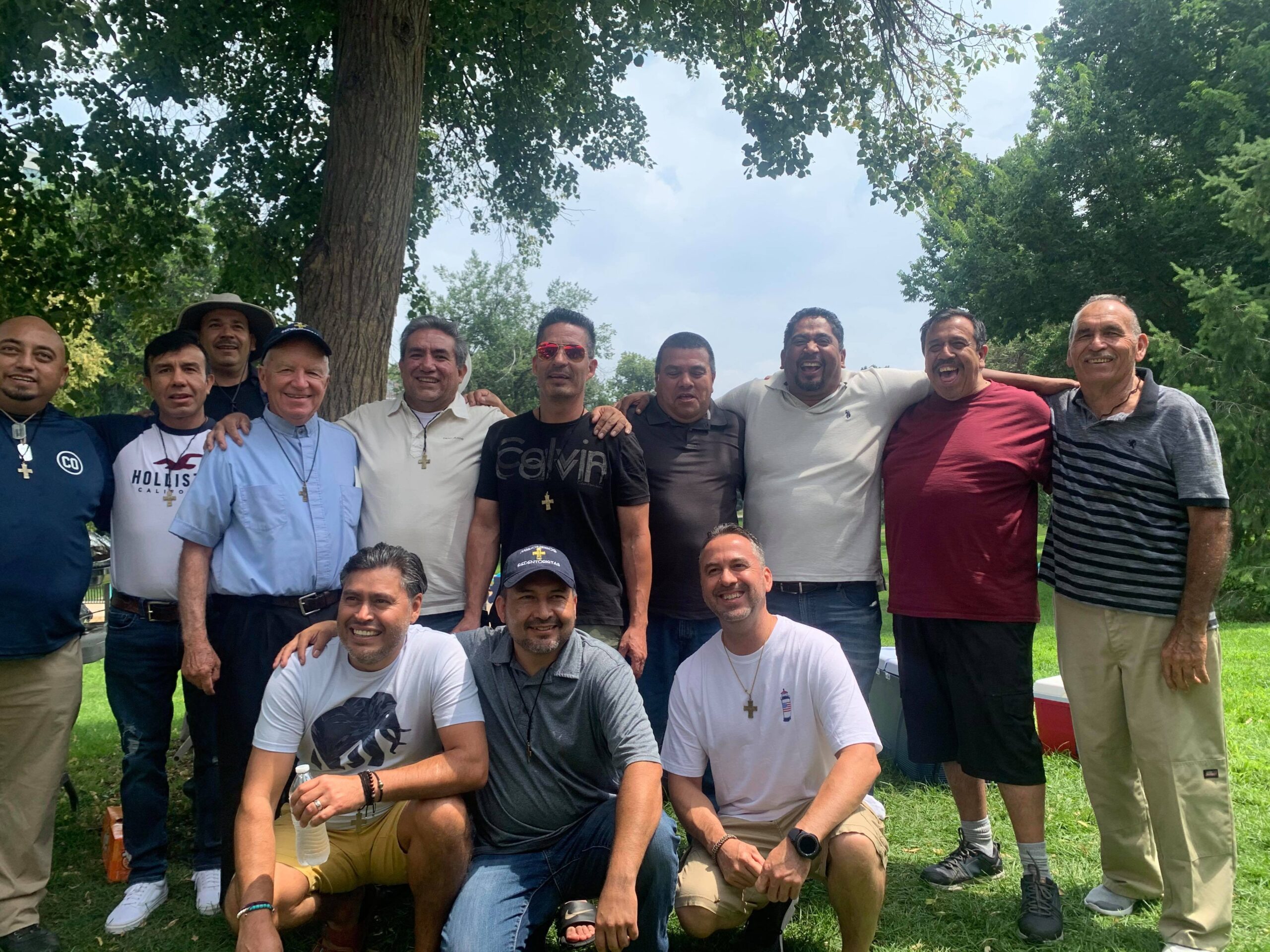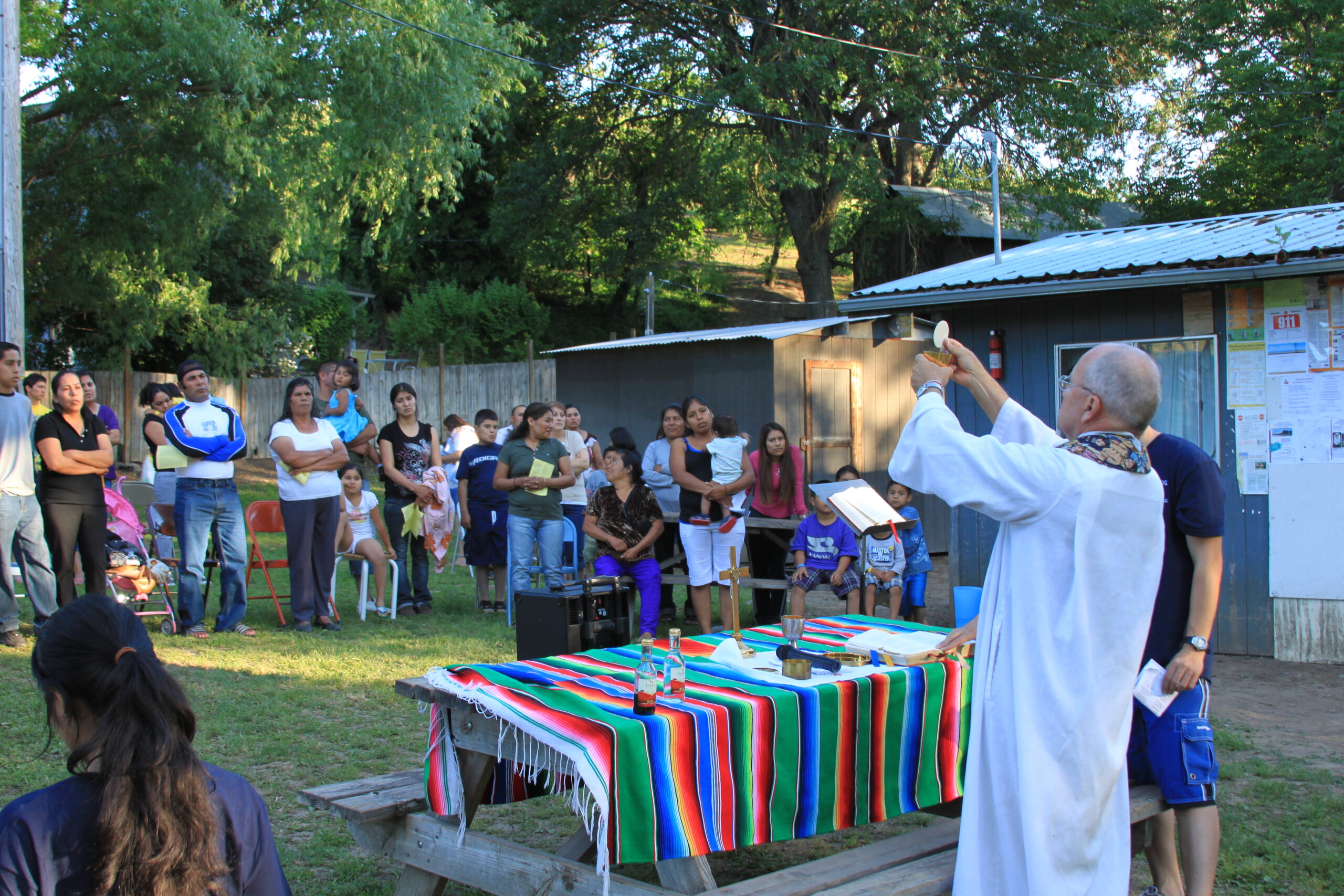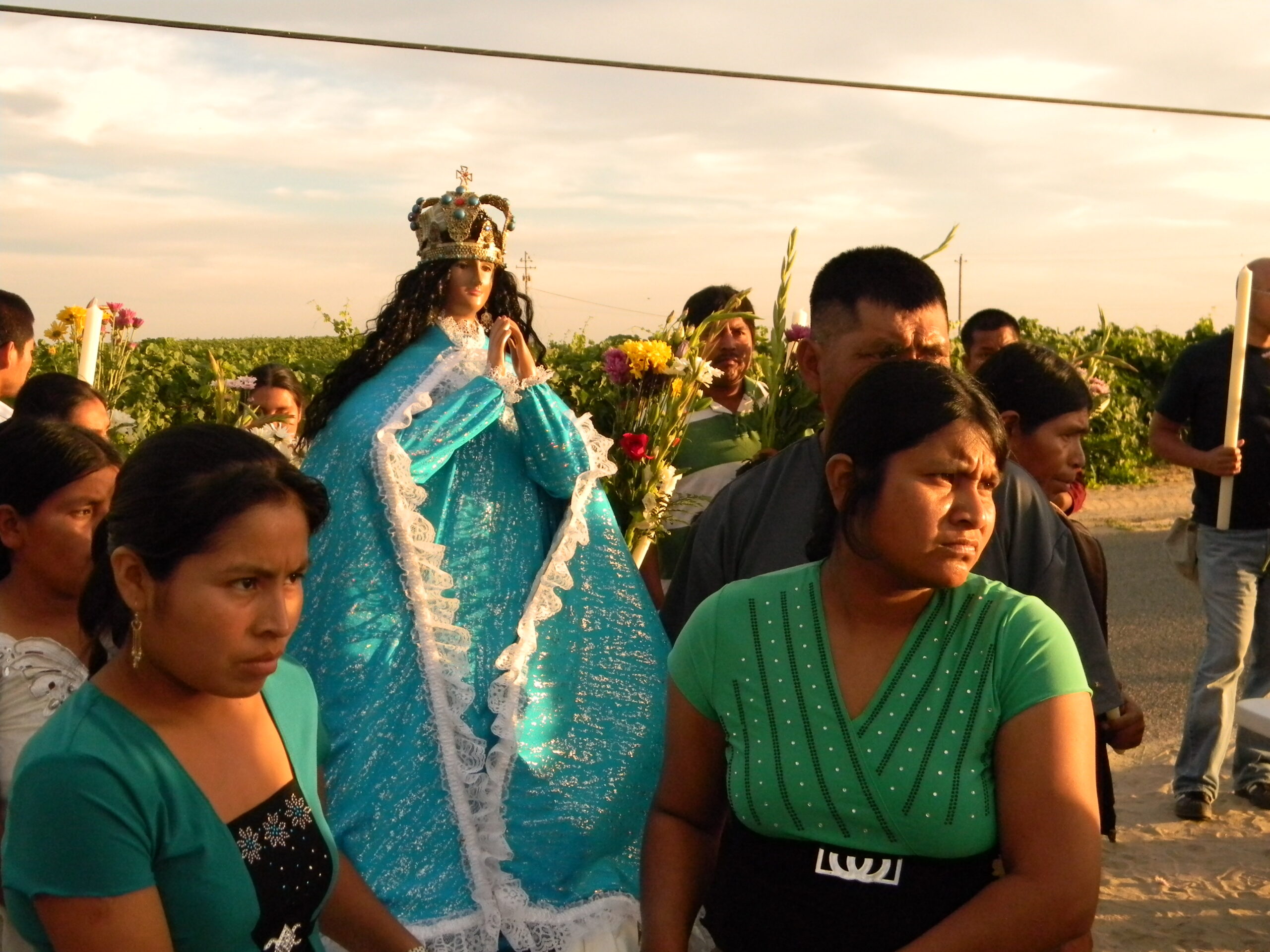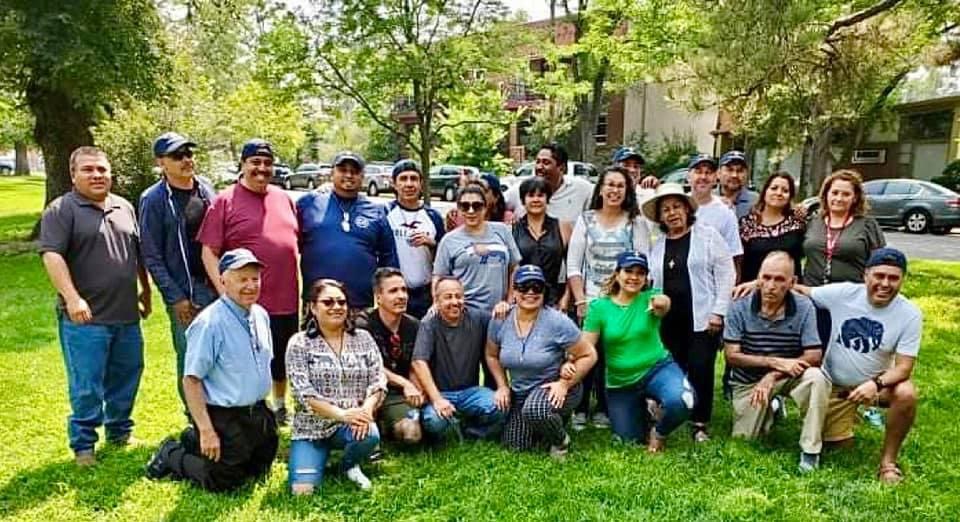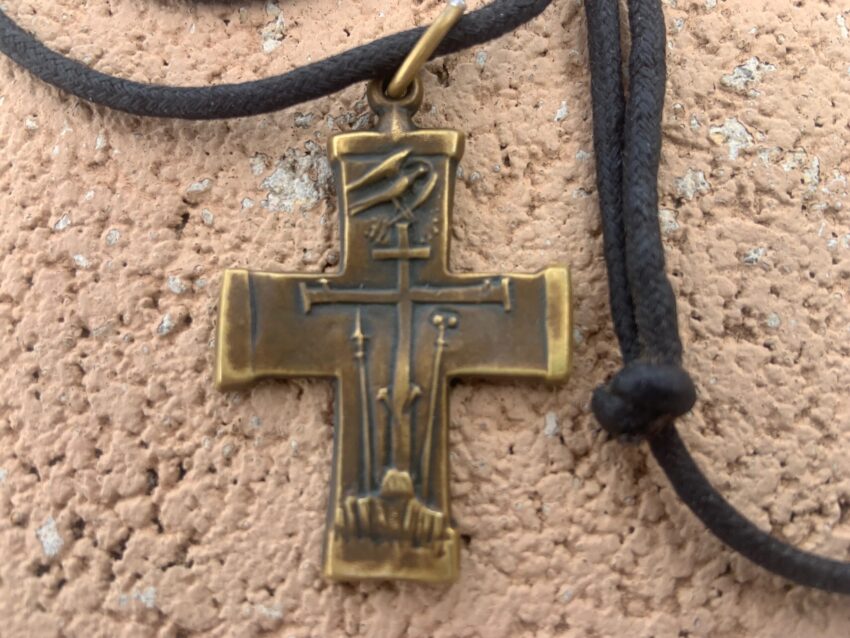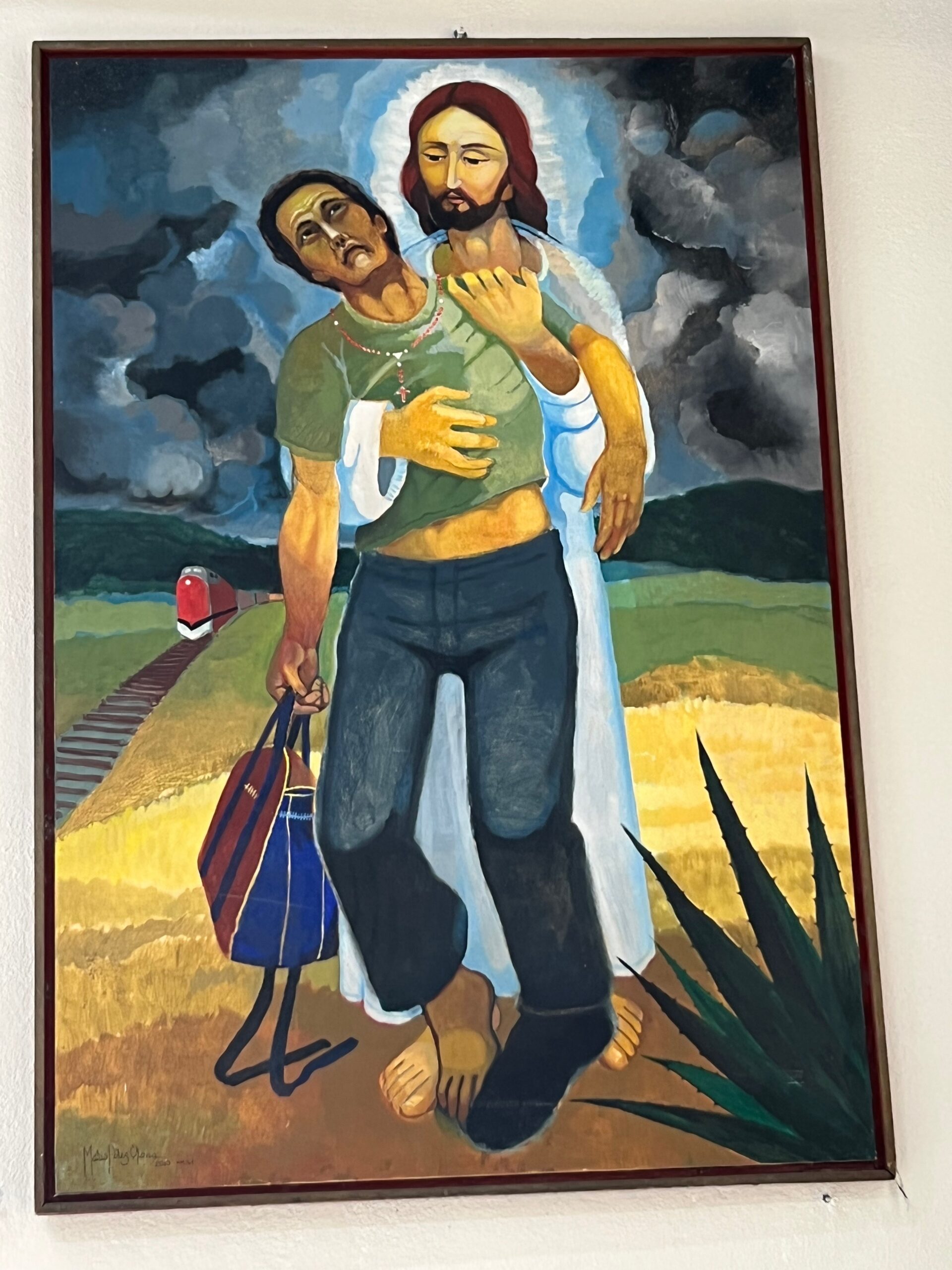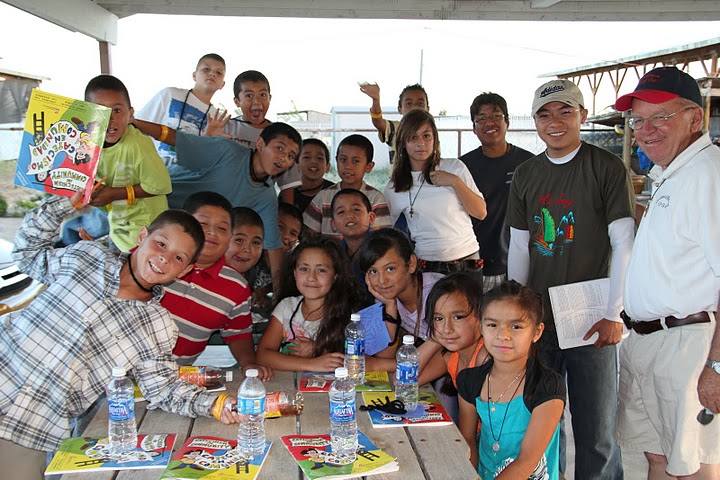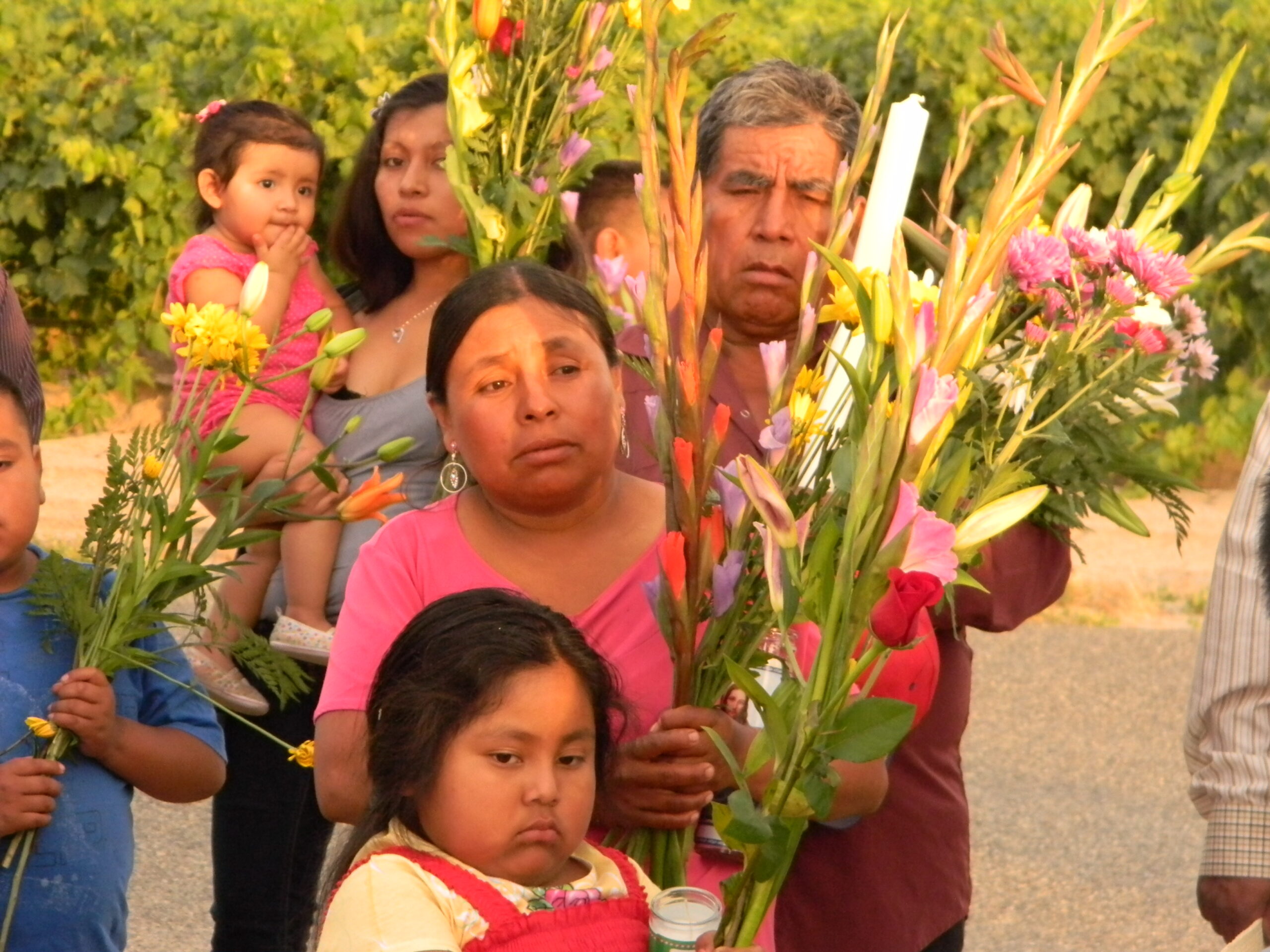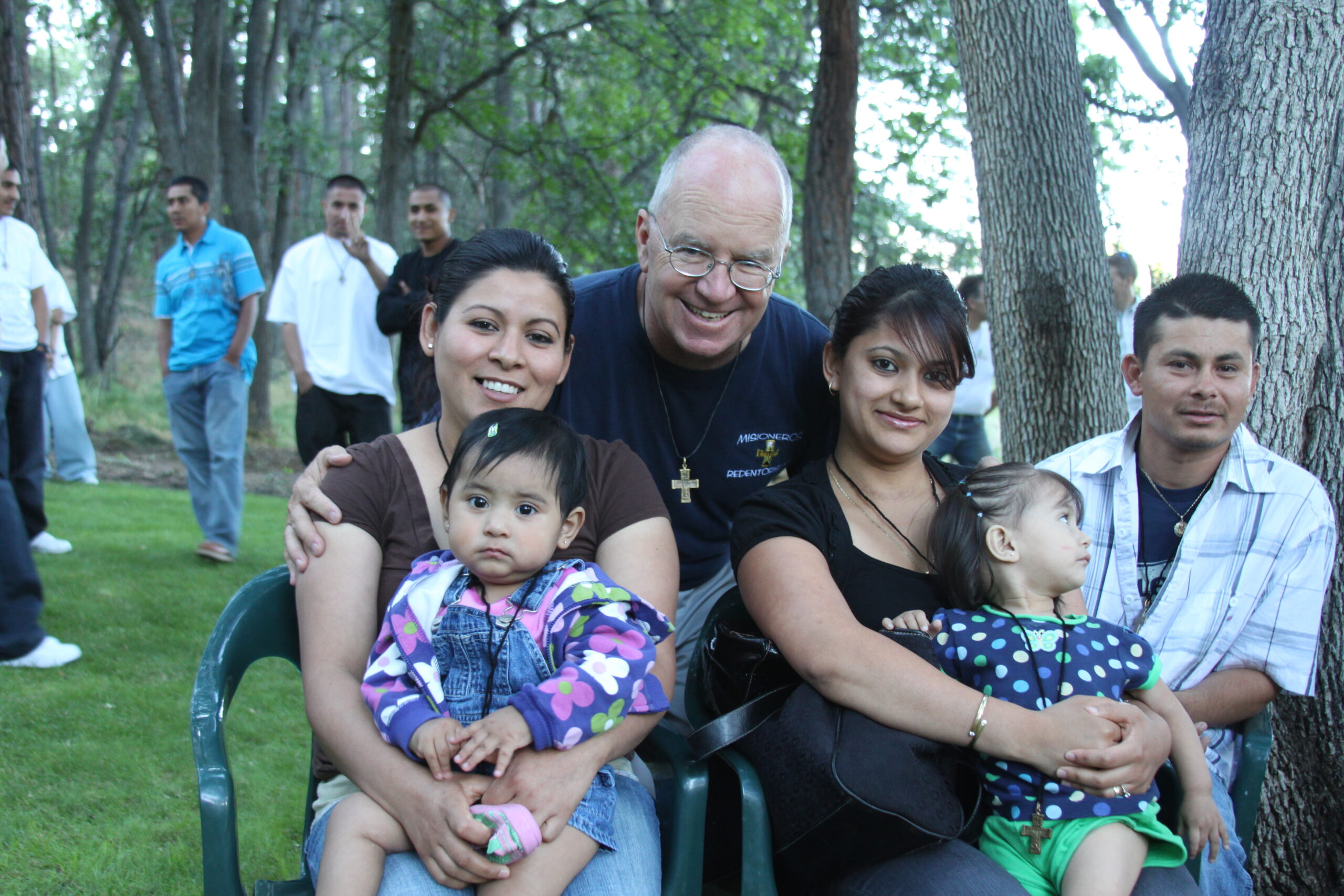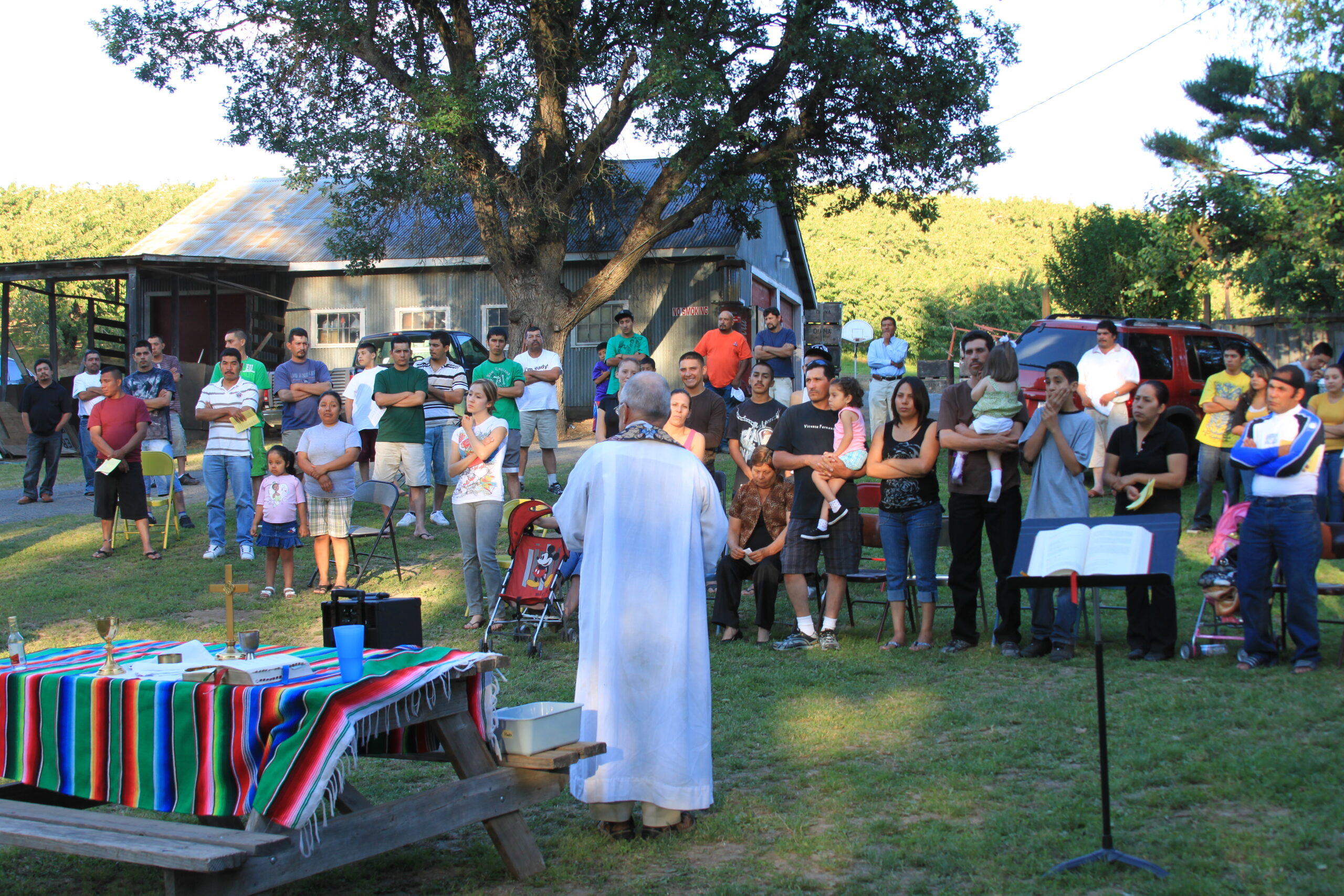Migration today / Migración hoy
Migración hoy
Durante los últimos seis meses visité casas migrantes en México desde Matamoros hasta Tijuana. Algunos preguntan: “¿Qué se puede hacer con la situación horrible en nuestra frontera?” Primero, quiero decir que no fui a México como un voyeur, buscando los horrores de la migración. Fui a conocer a los migrantes, sus motivos para salir de su país de origen, sus esperanzas, sus miedos y su fe. Soy misionero sacerdote.
La migración no es un problema político y no será abordado por la política convencional de esta era. El Papa Benedicto XVI declaró que la migración masiva es “un fenómeno social de proporciones históricas”. Dijo que “requiere una fuerte y clarividente política de cooperación internacional para afrontarlo debidamente”. (Caritas in Veritate. 62, junio 2009) Debido a la falta de cooperación internacional, la migración es una crisis humanitaria internacional.
Necesitamos apagar nuestras televisiones, ignorar a los manipuladores de la verdad, dejar de lado los prejuicios y el miedo y conocer a los migrantes. He caminado con migrantes durante muchos años. En mis primeros años con migrantes e inmigrantes, le preguntaba a la gente: “¿Qué te motivó a dejar tu país de origen?” La mayoría de los migrantes salieron de sus países de origen para trabajar, para enviar dinero a casa para ayudar a sus padres, para unirse con familiares que ya vivían en Estados Unidos. Algunos simplemente vinieron por la aventura. En ese momento, tal vez uno de cada cuatro vino por miedo. Huyeron de las guerras, los desastres naturales, el crimen y la opresión.
En los últimos seis meses visité a migrantes en albergues desde Matamoros hasta Tijuana a lo largo de la frontera. La mayoría de los migrantes venían de países fuera de México. Hoy en día, la mayoría de los migrantes hablan de la violencia en sus comunidades como motivo para irse. Un chico de catorce años dijo: “Después de que asesinaron a mi padre y a mi hermano, tuve que irme”. Las pandillas no lo dejaban en paz.
Miguel es un artesano, un hábil carpintero. Recibió cartas amenazadoras que le decían que si no les pagaba a los mafiosos, sería su culpa cuando violaran a su hija. Las cartas incluían fotos de la niña yendo a la escuela, en un parque y caminando frente a su casa. Fue a la policía. Recibió más cartas. La policía le recomendó que se mudara a otra ciudad. Después de seis meses en otro pueblo, recibió más amenazas. Miguel, su esposa y sus tres hijos ingresaron legalmente a México por la frontera sur. Tomaron un autobús a la frontera de los Estados Unidos para pedir asilo.
Solicitantes de asilo de clase media
Los migrantes en la frontera México/Estados Unidos tienden a tener niveles de educación más altos y provienen de clases medias en sus países que los que conocí en la década de 1990. Conocimos a cinco jóvenes en un albergue en San Luis Potosí. Llegaron en “la Bestia”. Eran de cuatro naciones de América Central. Se conocieron en el tren y se hicieron amigos para protegerse mutuamente de las pandillas. Protegieron a varios niños y madres. Todos eran graduados o estudiantes de universidades. Tenían entre 20 y 25 años.
Profesionales médicos y de la construcción, artesanos, empresarios y otras personas exitosas se encuentran entre los migrantes. Son víctimas de extorsión, explotación y violencia en sus países. Los inmigrantes con los que trabajé en la década de 1990 procedían en su mayoría de condiciones de pobreza. Muchos de los migrantes de hoy son los nuevos pobres y oprimidos de sus sociedades. Son altamente calificados y educados. Los migrantes de hoy huyen de los delincuentes, los abusadores y las pandillas.
(Si tienes observaciones o preguntas para Padre Migrante, envían las a padremigrante@gmail.com)
Migration today
For the past six months I visited migrant shelters in Mexico from Matamoros to Tijuana. People ask, “What can be done about the horrible situation on our border?” First, I want to say that I did not go to Mexico as a voyeur, seeking out the horrors of migration. I went to learn about the migrants, their motives for leaving their country of origin, their hopes, their fears and their faith. I am a missionary, a priest.
Migration is not a political problem and it will not be addressed by the conventional politics of this age. Pope Benedict XVI declared that mass migration is “a social phenomenon of epoch-making proportions.” He said that it “requires bold, forward looking policies of international cooperation if it is to be handled correctly.” (Caritas in Veritate. 62, June 2009) Because the international cooperation is lacking, migration is an international humanitarian crisis.
We need to turn off our televisions, ignore manipulators of the truth, put aside prejudices and fear and get to know the migrants. I have walked with migrants for many years. In my early years with migrants and immigrants, I asked people, “What motivated you to leave your country of origin?” Most migrants left their countries of origin to work, to send money home to help their parents, to unite with family members who already lived in the United States. Some simply came for the adventure. At that time, perhaps one out of four came because of fear. They fled wars, natural disasters, crime and oppression.
In the last six months, I visited migrants in shelters from Matamoros to Tijuana along the border. Most of the migrants were coming from countries outside of Mexico. Today, most migrants tell of violence in their communities as their motive for leaving. A fourteen-year-old boy said, “After they murdered my father and my brother, I had to leave.” The gangs would not leave him alone.
Miguel is a craftsman, a skilled carpenter. He received threatening letters saying that if he did not pay the gangsters, it would be his fault when his daughter would be raped. The letters included pictures of the girl going to school, in a park and walking in front of their house. He went to the police. He received more letters. The police recommended that he move to another town. After six months in a different town, he received more threats. Miguel, his wife and three children entered Mexico at the southern border legally. They took a bus to the U.S. border to plead asylum.
Middle class asylum seekers today
Migrants on the Mexico / United States border tend to have higher levels of education and come from middle classes in their nations than I met in the 1990’s. We met five young men in a shelter in San Luis Potosi. They arrived on “la Bestia” (the freight train). They were from four nations in Central America. They met on the train becoming friends to protect each other from the gangs. They protected several children and mothers. They were all college graduates or students. They were between 20 and 25 years old.
Medical and construction professionals, craftsmen, entrepreneurs, and other successful people are among the migrants. They are victims of extortion, exploitation and violence in their countries. The migrants with whom I worked in the 1990’s came mostly from impoverished conditions. Many of today’s migrants are the newly poor and oppressed of their societies. They are highly skilled and educated. Today’s migrants are fleeing the criminals, abusers and the gangs.
(If you want Padre Migrante to respond to your concerns or questions, write to: padremigrante@gmail.com)
Oh Jesús, tú nos llamas: “Síganme”. Bendice, Señor, a todos los que acogen tu llamado. Puede que el camino no sea fácil, pero tenemos la confianza de que todo es posible si caminamos contigo. Que este viaje nos abra los ojos a las maravillas de tu amor por nosotros. Oramos por toda tu gente, por todos los creyentes e incrédulos, por los líderes y seguidores. Oramos por la sanación, el perdón, la compasión, la justicia y la paz. Oramos para que, al seguirte, nosotros también podamos ser pescadores de hombres. Bendícenos en nuestro viaje.
O Jesus, you call us, “Come after me.” Bless, O Lord, all who welcome your call. The path may not be easy, but we have confidence that all things are possible if we walk with you. May this journey, open our eyes to the wonders of your love for us. We pray for all your people, for all believers and unbelievers, for leaders and followers. We pray for healing, for forgiveness, for compassion, for justice, for peace. We pray that as we follow you, we too can be fishers of men. Bless us on our journey.
